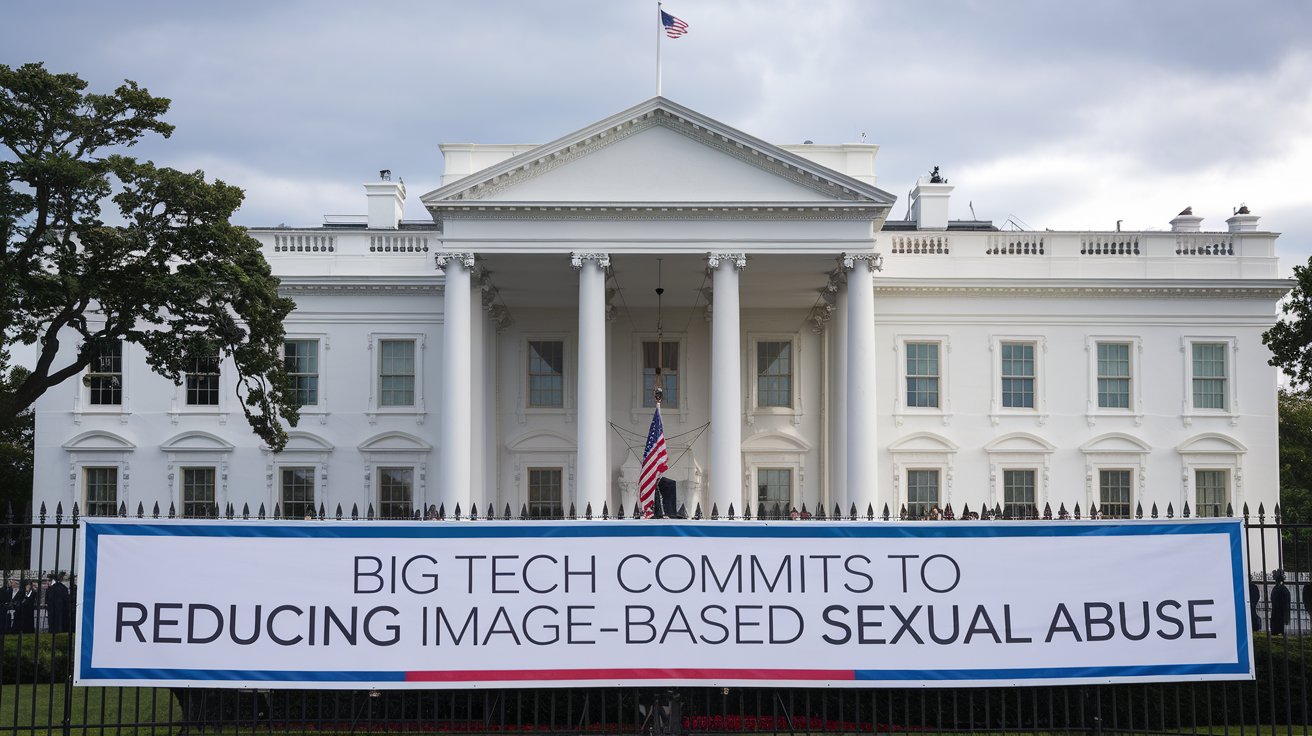
As the 30th anniversary of the Violence Against Women Act (VAWA) approaches, the White House has revealed a set of voluntary commitments from major tech companies to combat image-based sexual abuse. This includes addressing the growing issue of AI-generated deepfakes. Companies such as Aylo, Meta, Microsoft, TikTok, Bumble, Discord, Hugging Face, and Match Group have signed onto a set of principles aimed at curbing the creation, distribution, and monetization of abusive digital content.
The White House's announcement highlights the alarming rise in image-based sexual abuse, particularly the nonconsensual sharing of nude and intimate images, sexual extortion, and deepfakes—misleading media that often features explicit content created by manipulating victims' images. Recent statistics indicate a surge in nonconsensual deepfake content, with more such videos uploaded online in 2023 than in all previous years combined.
“This abuse has profound consequences for individual safety and well-being, as well as societal impacts,” the White House stated, noting the disproportionate effect on women, children, and LGBTQ individuals. The recent school year has seen numerous incidents involving deepfakes targeting teenage girls, underscoring the urgency of addressing this issue.
The principles, developed with input from digital rights groups like the Center for Democracy and Technology and the Cyber Civil Rights Initiative, focus on several key areas. They include empowering individuals with control over their likenesses, explicitly prohibiting nonconsensual intimate imagery, and implementing effective tools for prevention, identification, and response to image-based sexual abuse. Additional principles emphasize accessibility, trauma-informed approaches, transparency, and accountability.
Mary Anne Franks, president of the Cyber Civil Rights Initiative, criticized the tech industry’s previous handling of these issues, stating, “If companies were doing their jobs, if they were being responsible, if they were being accountable, we wouldn’t have these epidemics.” While Franks acknowledges the progress represented by these new commitments, she calls for legislative action, including reform of Section 230 of the Communications Decency Act, to hold tech companies accountable for user-generated content.
The White House also highlighted recent actions taken by tech companies to address these issues. For instance, Google announced in July that it would derank and delist websites and content featuring nonconsensual sexually explicit deepfakes. Meta has removed around 63,000 Instagram accounts involved in sextortion, a practice of coercing victims into financial payments under the threat of distributing explicit material.
Despite these efforts, Alexandra Reeve Givens, CEO of the Center for Democracy and Technology, stresses that principles alone are insufficient. “We all agree that principles aren’t enough. It really is actually about changes in practice,” Givens said, pointing out the need for tangible improvements in tech companies' operations.
The new commitments and principles aim to guide the tech industry in addressing these serious issues more effectively. Other tech companies are encouraged to join the initiative and contribute to the ongoing fight against image-based sexual abuse and deepfakes.